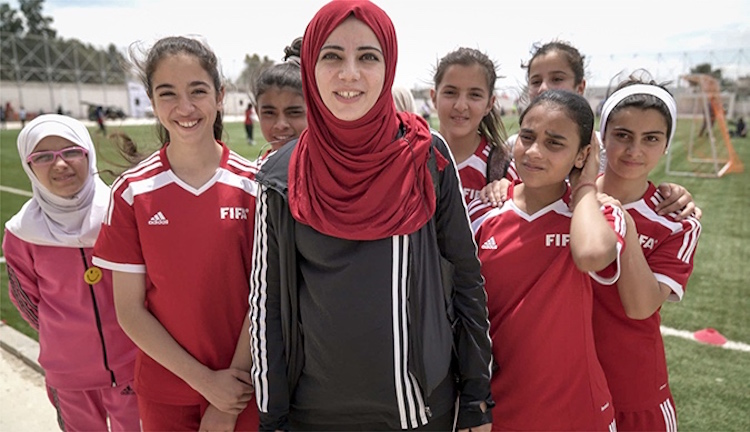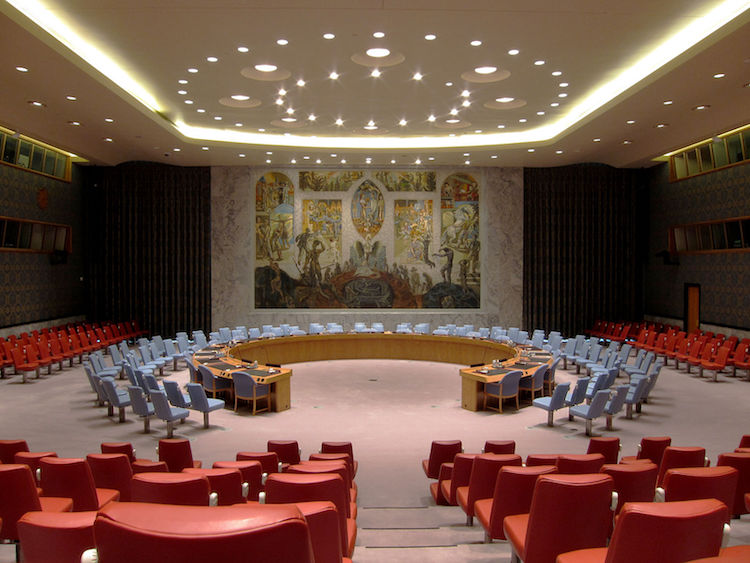By Rakesh Jayawardene
NEW DELHI (IDN) – Despite the widely reported phenomenal growth in Information and Communications Technology (ICT) in the Asia-Pacific region, a new study by the United Nations Economic and Social Commission for Asia and the Pacific (ESCAP), has found that broadband capabilities and access are highly concentrated in East and North-East Asia. GERMAN | HINDI | JAPANESE | SPANISH
The report titled, State of ICT in Asia and the Pacific 2016: Uncovering the Widening Broadband Divide, also confirms that the gap between advanced and developing countries in fixed broadband access is indeed widening, and unless targeted policy interventions are put in place, the trend will continue to the detriment of future development opportunities.





 NEW YORK (IDN-INPS) – “I’ve learned from sport that we have to make efforts to succeed. We get nowhere if we stay at the same place doing nothing,” says Adrielle Alexandre, a 12-year old young athlete from Rio de Janeiro, Brazil.
NEW YORK (IDN-INPS) – “I’ve learned from sport that we have to make efforts to succeed. We get nowhere if we stay at the same place doing nothing,” says Adrielle Alexandre, a 12-year old young athlete from Rio de Janeiro, Brazil.



